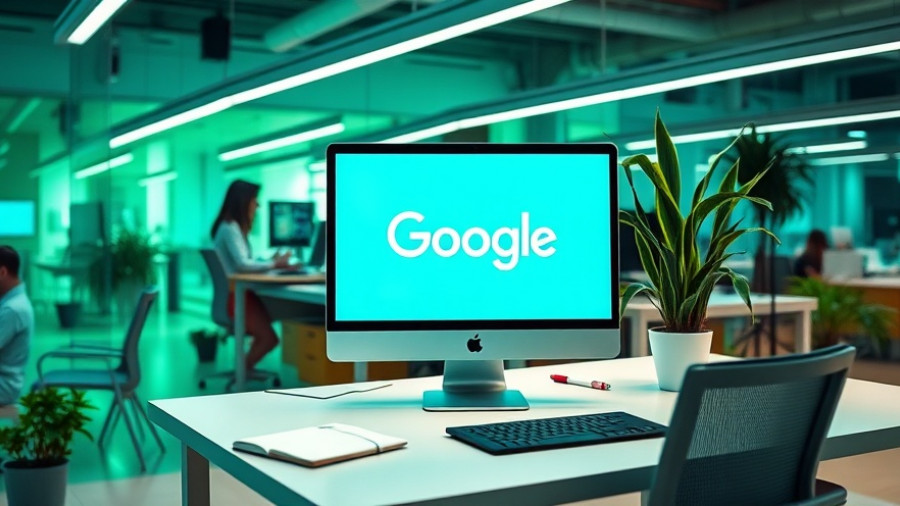
Understanding the Changing Workforce Landscape
In a rapidly evolving job market, Gen-Z employees are reshaping the workforce dynamics in ways never seen before. Recent reports indicate a stark future where demographics shift significantly, with more retirees than new entrants into the workforce. This paradigm shift represents both a challenge and an opportunity for business owners, operators, and managers who must adapt their strategies and expectations to thrive.
Why Connecting with Gen-Z is Crucial
Generation Z, those born approximately between 1997 and 2012, bring new expectations and values into the workplace. To attract and retain these individuals, it’s essential to emphasize building authentic connections. Studies suggest that many Gen-Z employees decide whether to stay at their jobs within their first week based on how well they fit in. This means the onus is on employers to create an inclusive culture that fosters belonging and ensures that new staff members feel valued from day one.
Building an Inclusive Workplace Culture
Creating a culture of belonging is not just beneficial; it is essential. When Gen-Z employees believe their workplace is inclusive, they are more likely to commit their time and energy to their roles. Business leaders can facilitate this by implementing mentorship programs that encourage intergenerational learning and collaboration. Veteran employees can share their experiences while learning new perspectives from their younger counterparts.
Investing in Employee Development
To truly engage Gen-Z, businesses must treat them as investments rather than commodities. Unlike previous generations, who often placed a higher premium on job stability and traditional career paths, Gen-Z values growth opportunities and personal development. Companies that offer training programs and paths for career advancement stand a greater chance of attracting and retaining young talent.
Future Predictions: What Lies Ahead
Experts predict that the labor market will become increasingly competitive as the gap between retiring Baby Boomers and incoming young workers widens. Companies must start adopting flexible work arrangements, prioritize mental health, and employ diverse hiring practices to meet the values that Gen-Z champions. Staying ahead of these trends will be crucial for any organization looking to maintain a robust workforce.
Actionable Insights for Business Leaders
Here are some practical steps that business leaders can take now:
- Enhance your company's onboarding process: Ensure that new hires feel included and understand the company culture from day one.
- Offer mentoring and professional development: Create an environment where employees can learn from each other, regardless of age.
- Solicit feedback regularly: Establish open lines of communication where Gen-Z employees can share their thoughts and suggestions.
- Be adaptable: As preferences change, remain open to revamping policies and procedures that reflect the values of the upcoming workforce.
Conclusion: Embrace the Change
The impending labor shortage represents a unique opportunity for organizations willing to adapt to the needs of Generation Z. By creating inclusive environments that foster personal and professional growth, business leaders can strengthen their workforce, improve employee satisfaction, and ultimately, drive their companies forward. To navigate these changes effectively, companies may benefit from consulting specialists in workforce development.
Get Help Selecting a Preferred Provider
 Add Row
Add Row  Add
Add 




Write A Comment